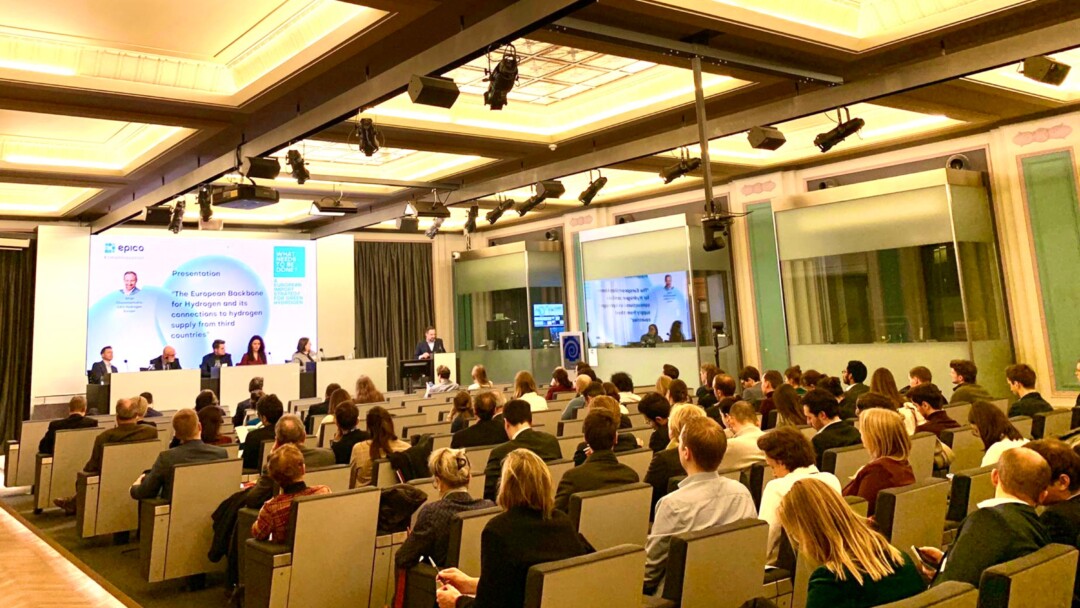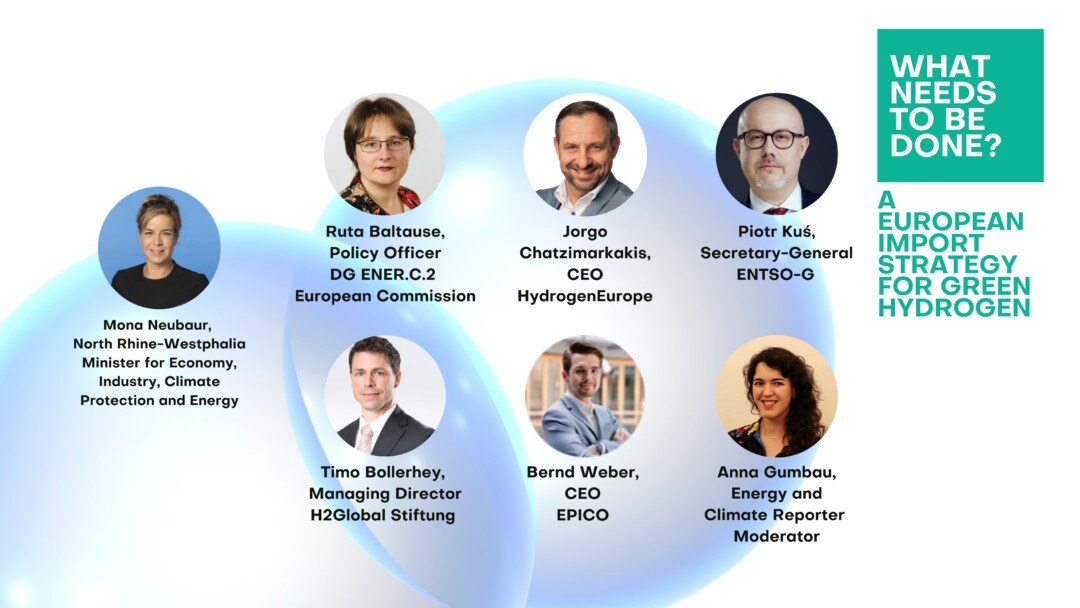As part of the European Green Deal, the EU set itself the objectives of reducing its greenhouse gas emissions (GHG) by at least 55% by 2030, and achieving climate neutrality by 2050. Meeting these objectives represents a tremendous challenge for Europeans, who will have to channel unprecedented levels of investments into the development of clean technologies, and fundamentally change the way they produce and consume energy.
In past decades, the EU has focused on deploying renewable electricity sources and pushing for the electrification of energy-using sectors. Although these policies remain central to the EU climate strategy, it is now clear that they alone will not be sufficient to achieve climate neutrality by 2050. Indeed, firstly, some sectors of the economy are simply unable to rely on renewable electricity sources and, secondly, achieving very high degree of electrification of the economy raises serious difficulties in terms of costs, integrity of the electricity grid, and the availability of primary and land resources.
The EU is now focusing on clean hydrogen as a key element of its climate strategy, to bridge the gap between the partial electrification of the economy and its complete decarbonisation. Clean hydrogen would allow the decarbonisation of many industrial sectors, by replacing the grey hydrogen currently used, or by replacing fossil fuels used in industries that cannot, for economic or technical reasons, electrify their production processes. Clean hydrogen and clean hydrogen-based fuels can contribute to decarbonising the transport sector, by replacing petroleum-based fuels. This would be particularly relevant for the heavy transport, aviation, and maritime sectors, where electrification is not an option.
According to the latest REPowerEU targets for hydrogen, the European Commission estimates the need for imports of 10 million tons of renewable hydrogen by 2030. During the State of the Union, European Commission President Ursula von der Leyen announced the creation of a European Hydrogen Bank, to be delivered by May 2023. However, there is no comprehensive analysis yet how such an import strategy could be set in motion. This topic is one of the most pressing issues and the crucial question is how this ambitious objective can be successfully implemented in the highly ambitious timeframe.
In this context, EPICO KlimaInnovation hosted a panel discussion event in Brussels, “A European Import Strategy for Green Hydrogen - What needs to be done?” on Monday 13 February 2023, at the Residence Palace.

Panellists:

- Download the full presentation of Ms Ruta Baltause, Decarbonisation and Sustainability of Energy Sources, DG ENER.C.2, European Commission
- Download the full presentation of Mr Piotr Kuś, Secretary-General of ENTSO-G
- Download the full presentation of Mr Timo Bollerhey, Managing Director at H2Global
- Download here EPICO’s report on Design Options for a European Hydrogen Bank
External Content from epico
Please see the privacy policy of epico if you are loading external content.
